
If You Cannot Sleep, Call Me
- Dikshya Karki
Cities are pulsating with cryptic messages. There are lines, numbers, colors, and words splattered on its walls. Public spaces such as bridges, underground tunnels, and notice boards provide innovative ways of articulating the angst of sex, love, desire, and longing. A question, a scribble, a graffiti on a corner wall can initiate a conversation and create a connection among strangers. The norms around appropriate sexual behavior are transgressed with advances through words, pictures, and objects in public view that normalize sex talk or show that these spaces are sexed. Even if largely a celebration of heteronormativity, there are opportunities to transgress underpinned moralities of the monolithic categories of sex and gender.
An exploration of articulations of sex, love, and longing in public spaces, my visual essay is a reflection on codes of desires. I am walking around my student neighborhood in Neuenheimer Feld, Heidelberg picking up words, figures, murals, graffiti, and objects that display intimacy and emotion, symbols of love and desire. These are ephemeral words inscribed in the geography of the city. Objects that call attention to the body, pleasure, and companionship. Perhaps the thrills of anonymity and the anxieties of loneliness allow expressions of love, sex, and desire with real and imagined partners on public walls and spaces.
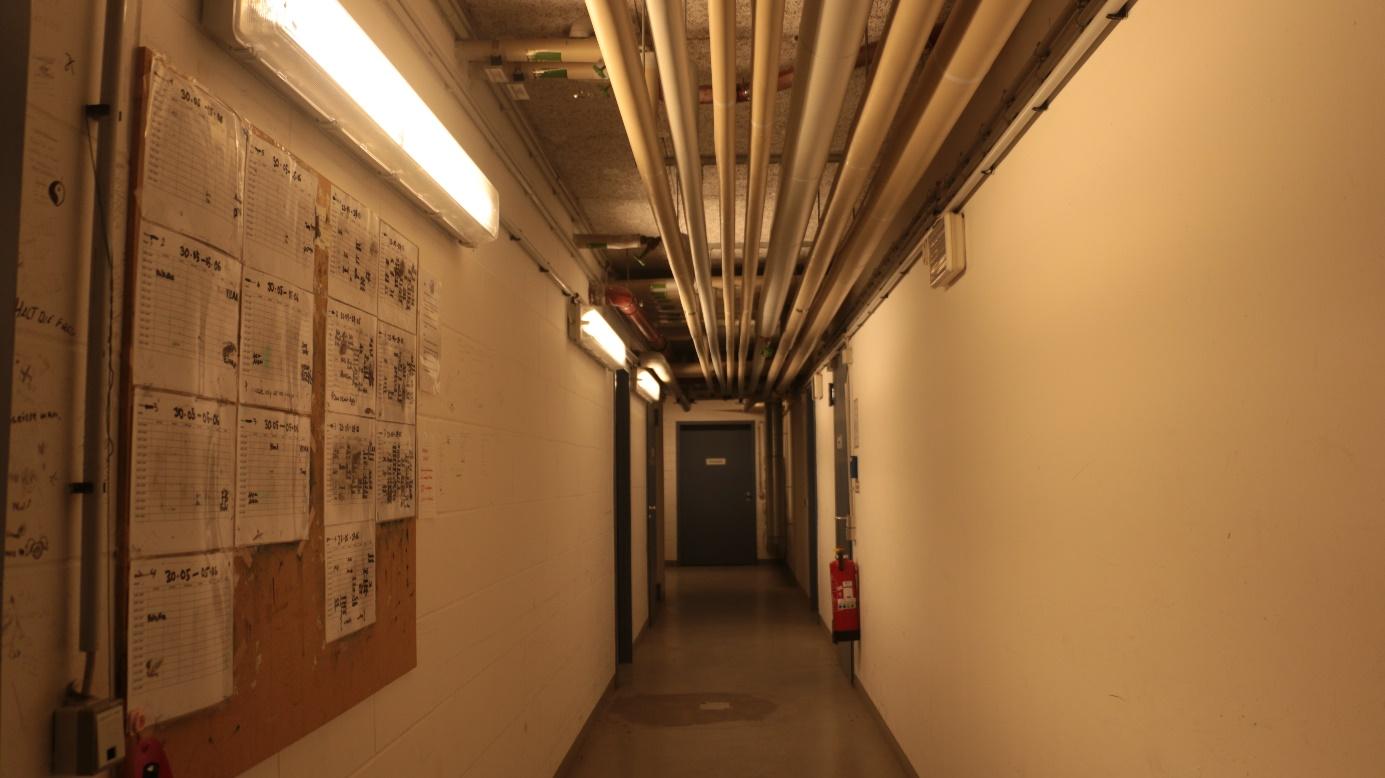
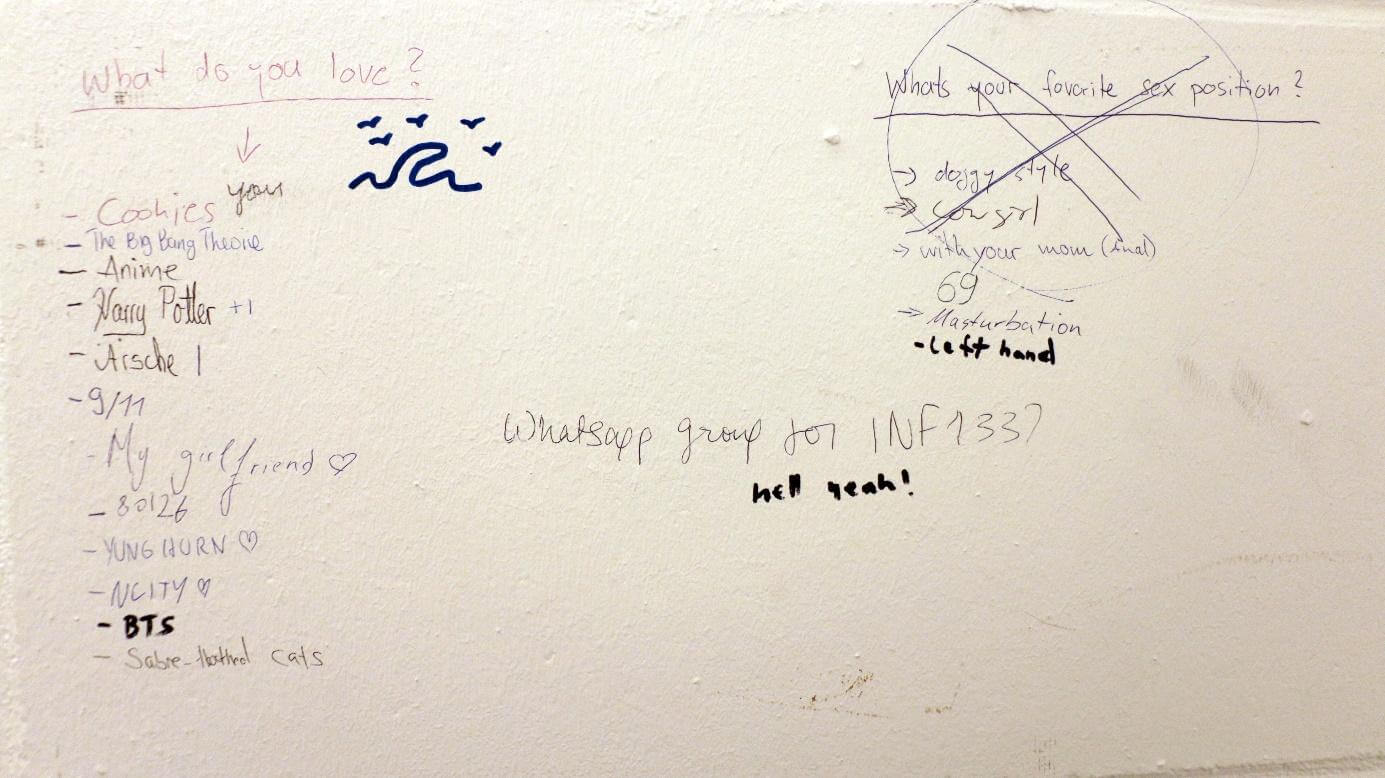
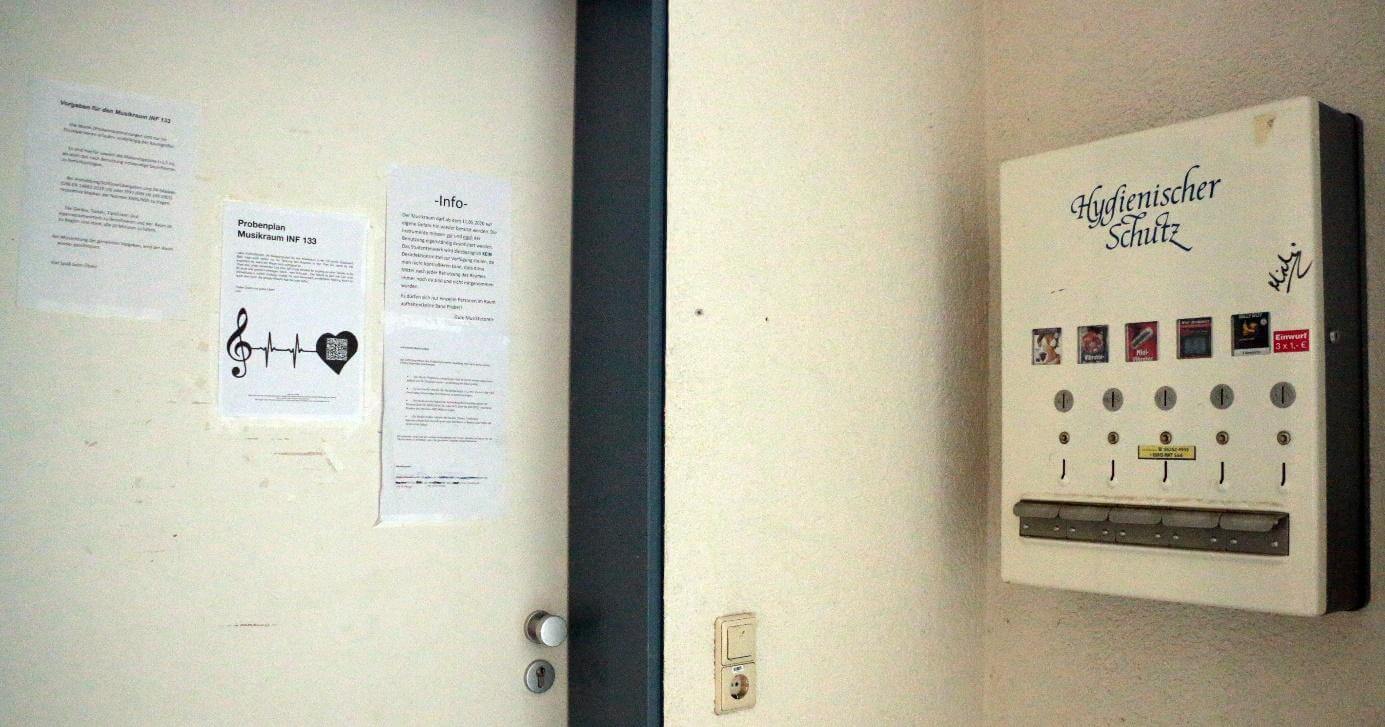
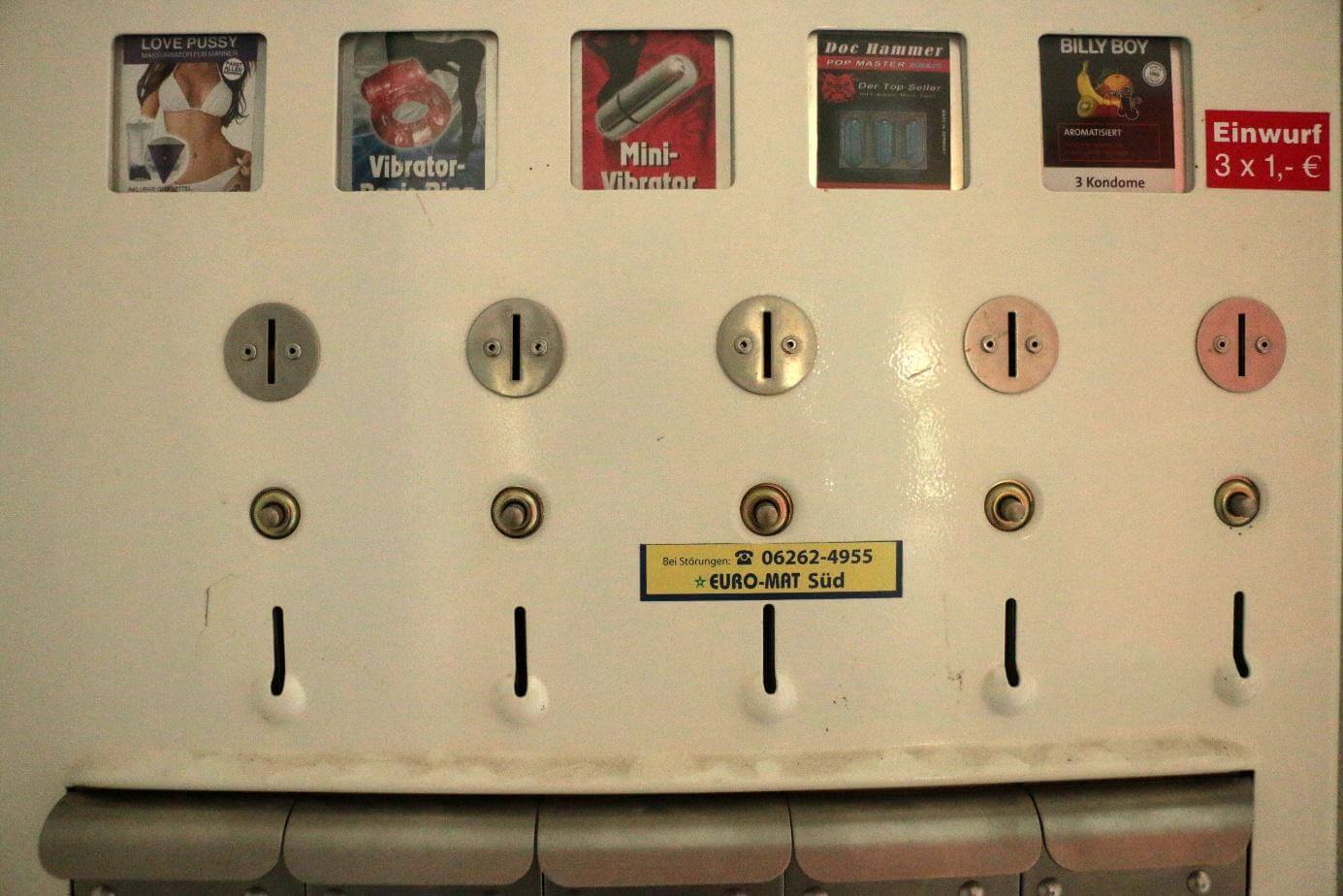
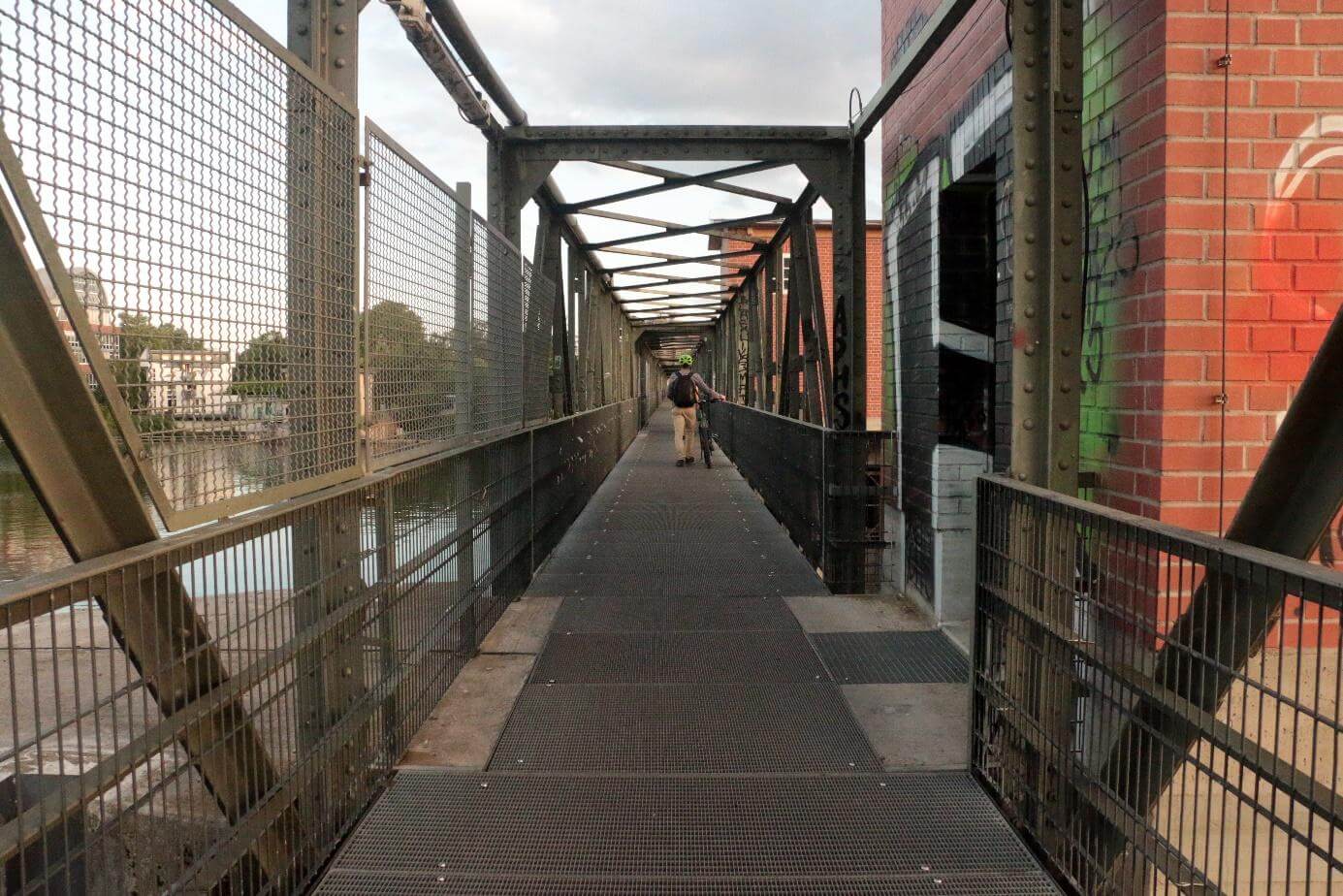
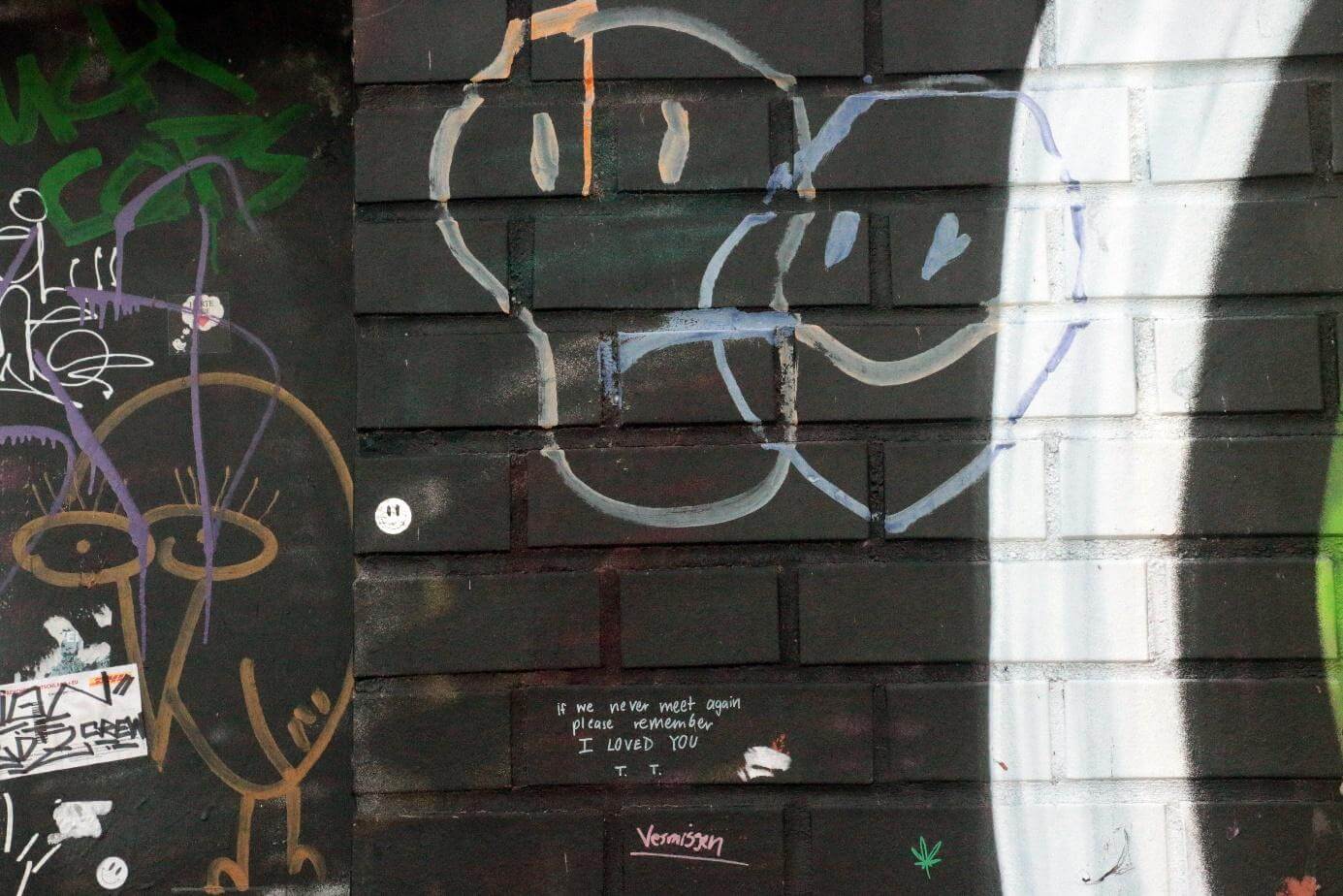
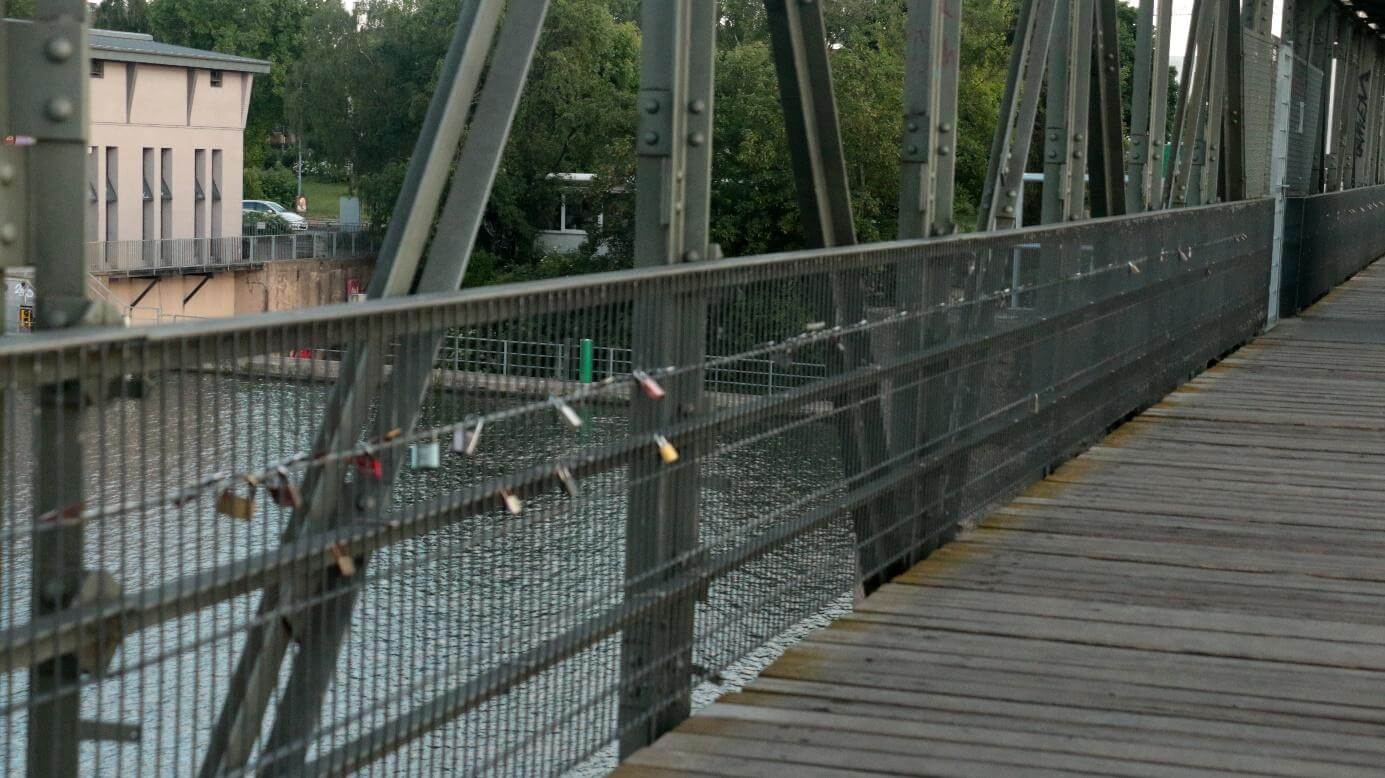
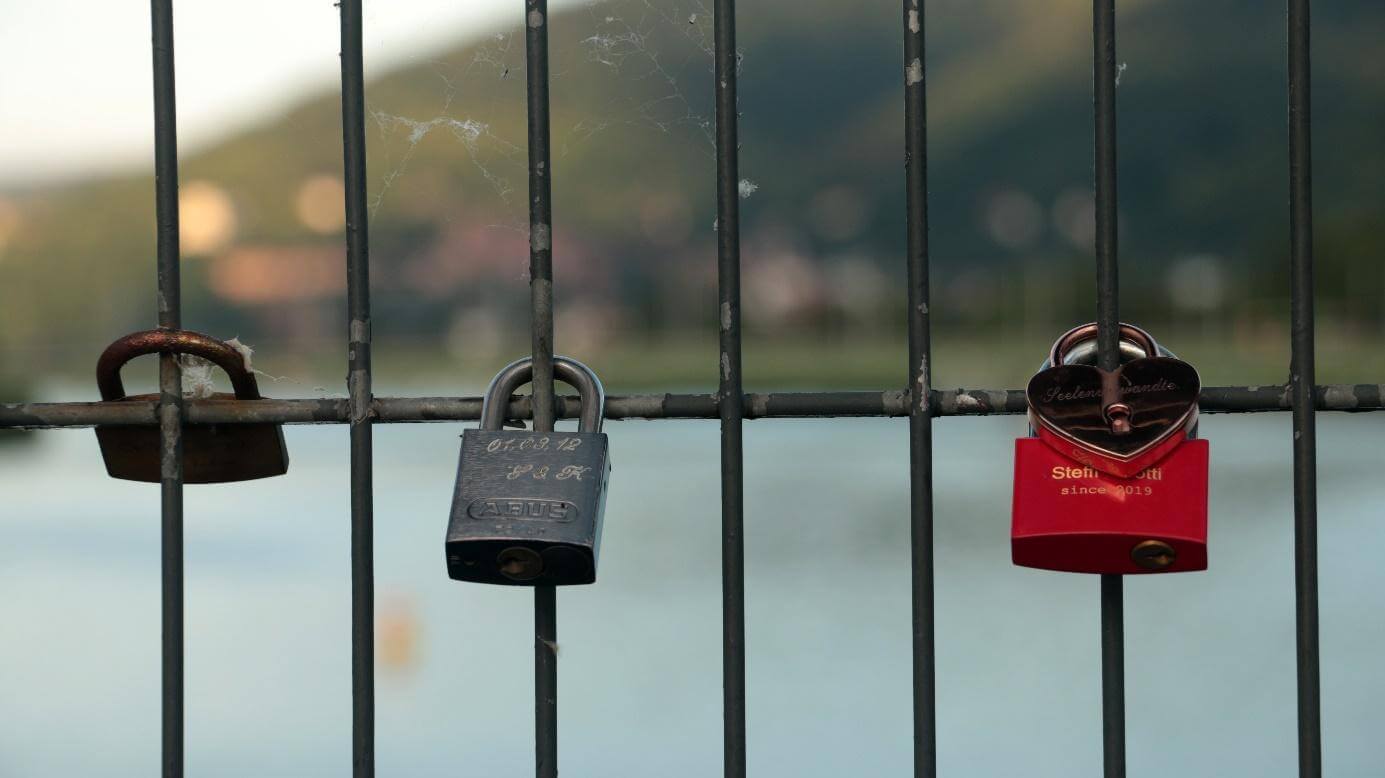

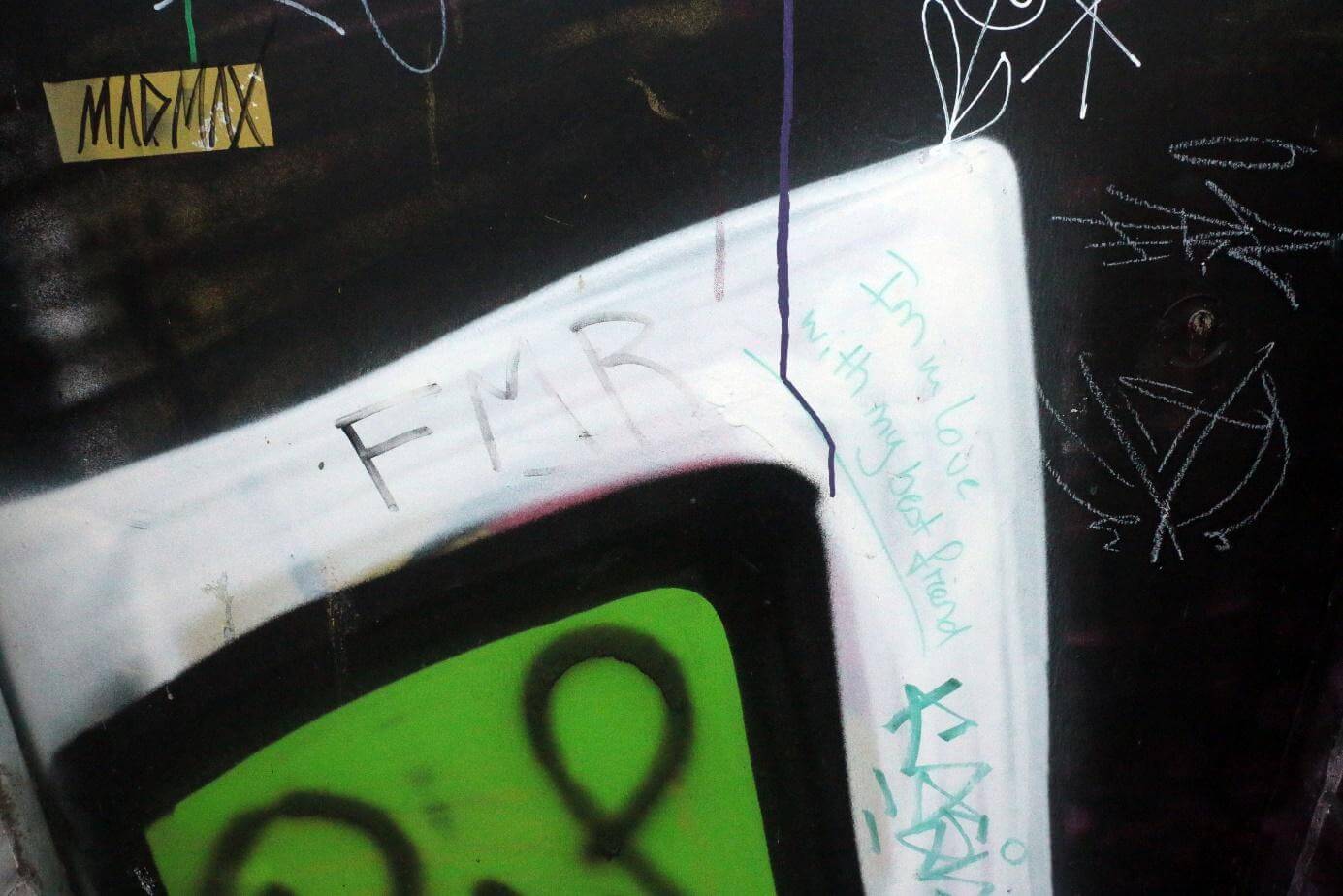
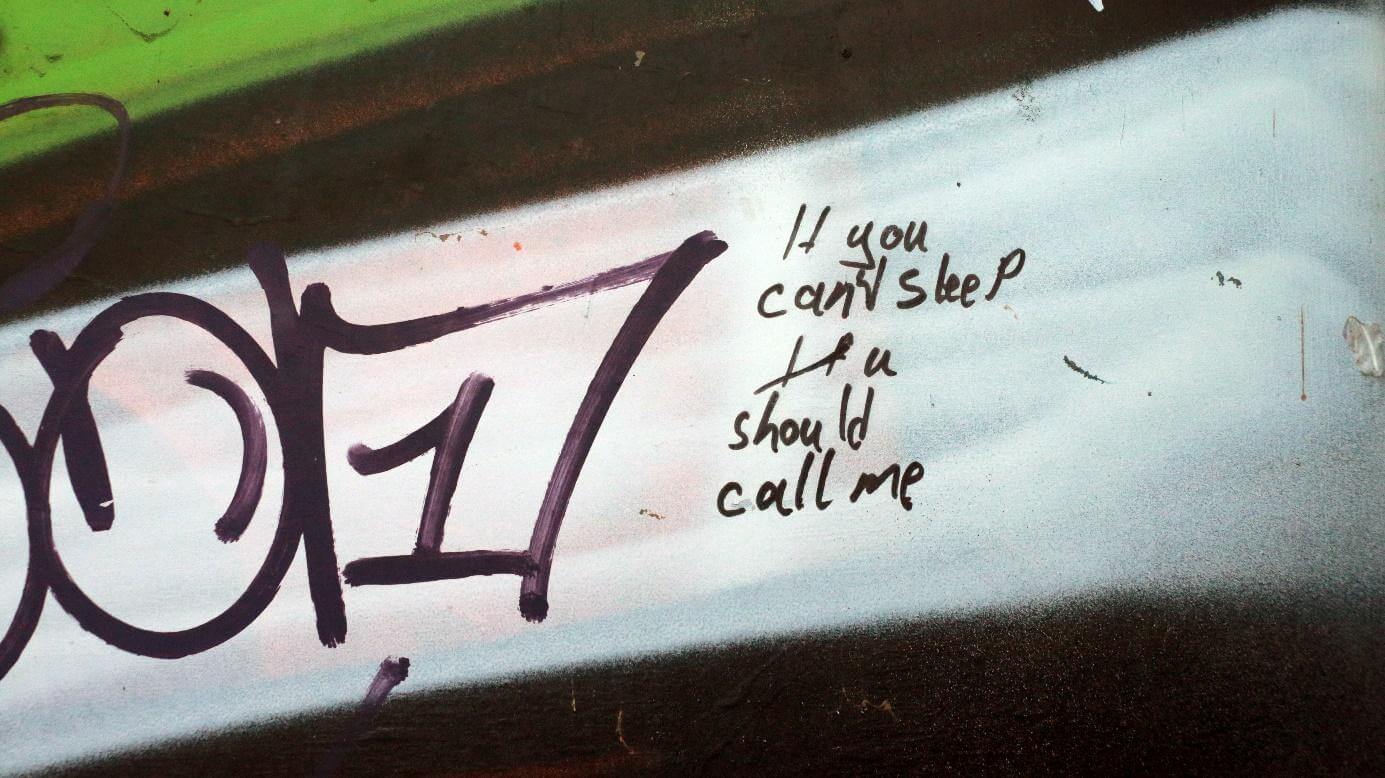
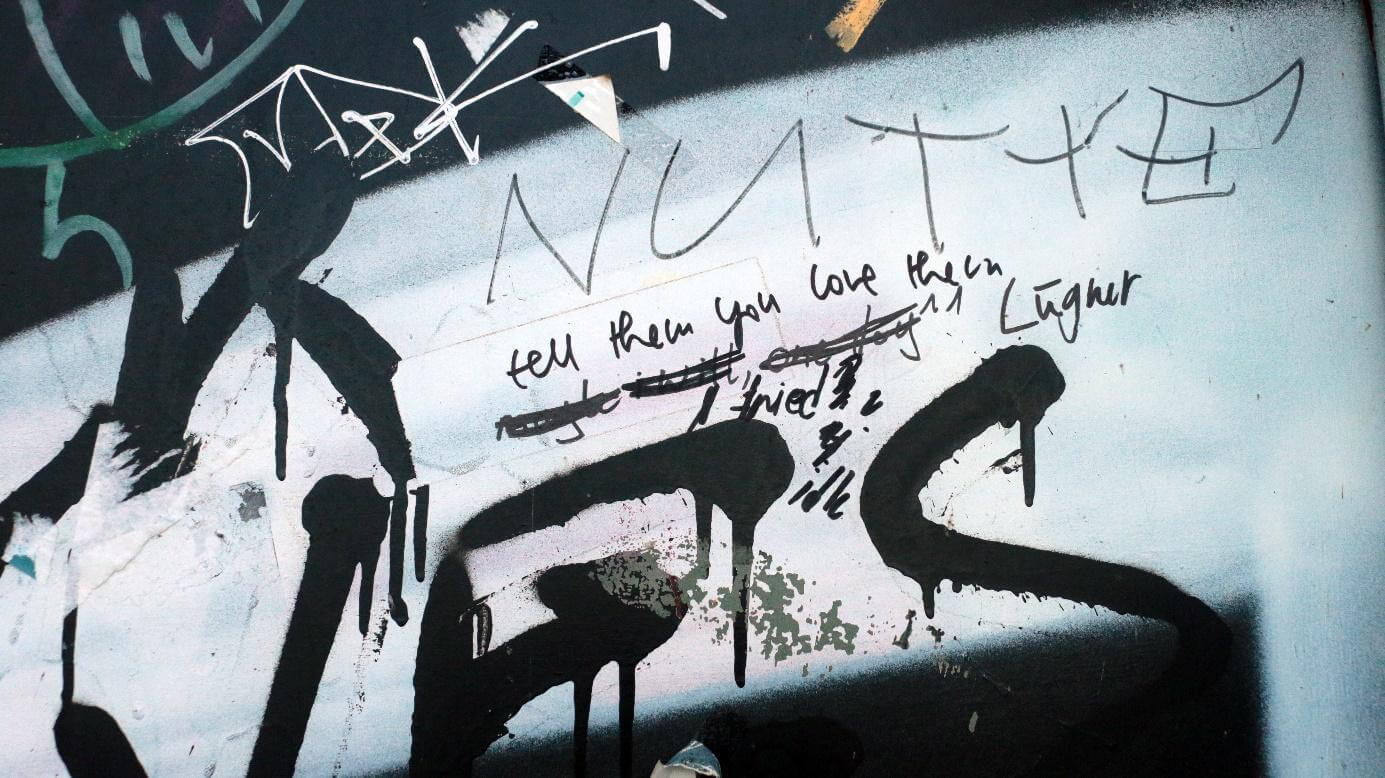

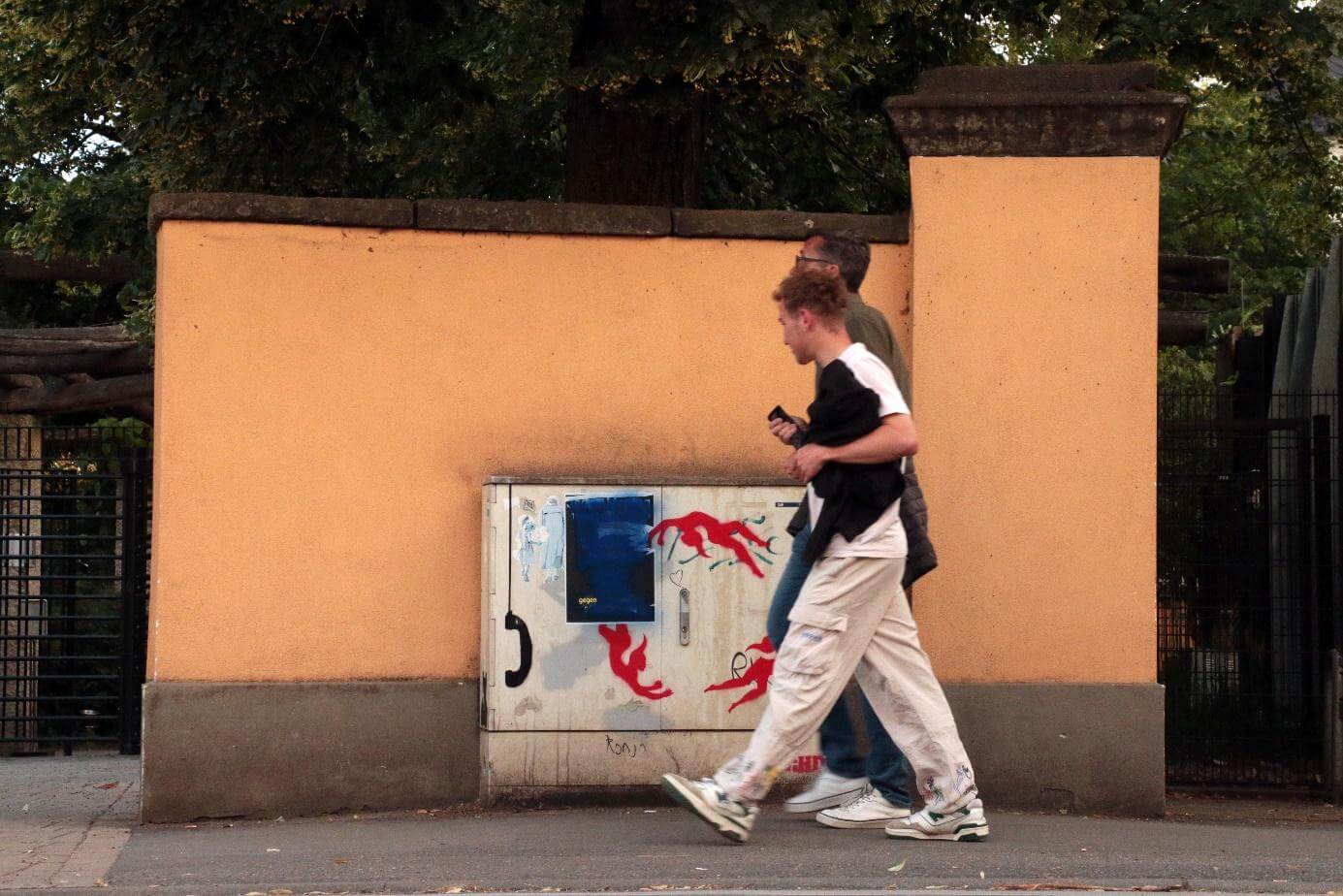
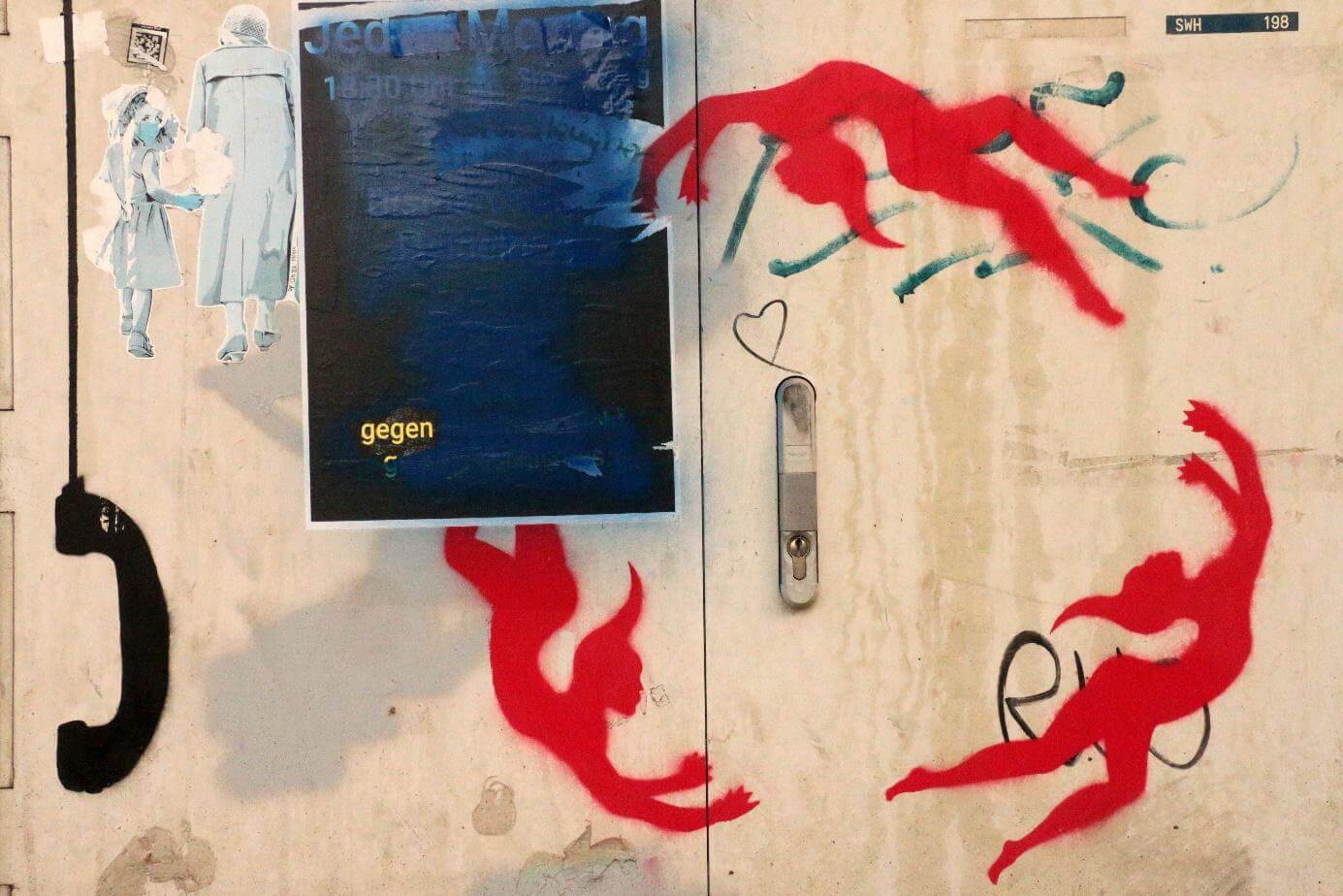
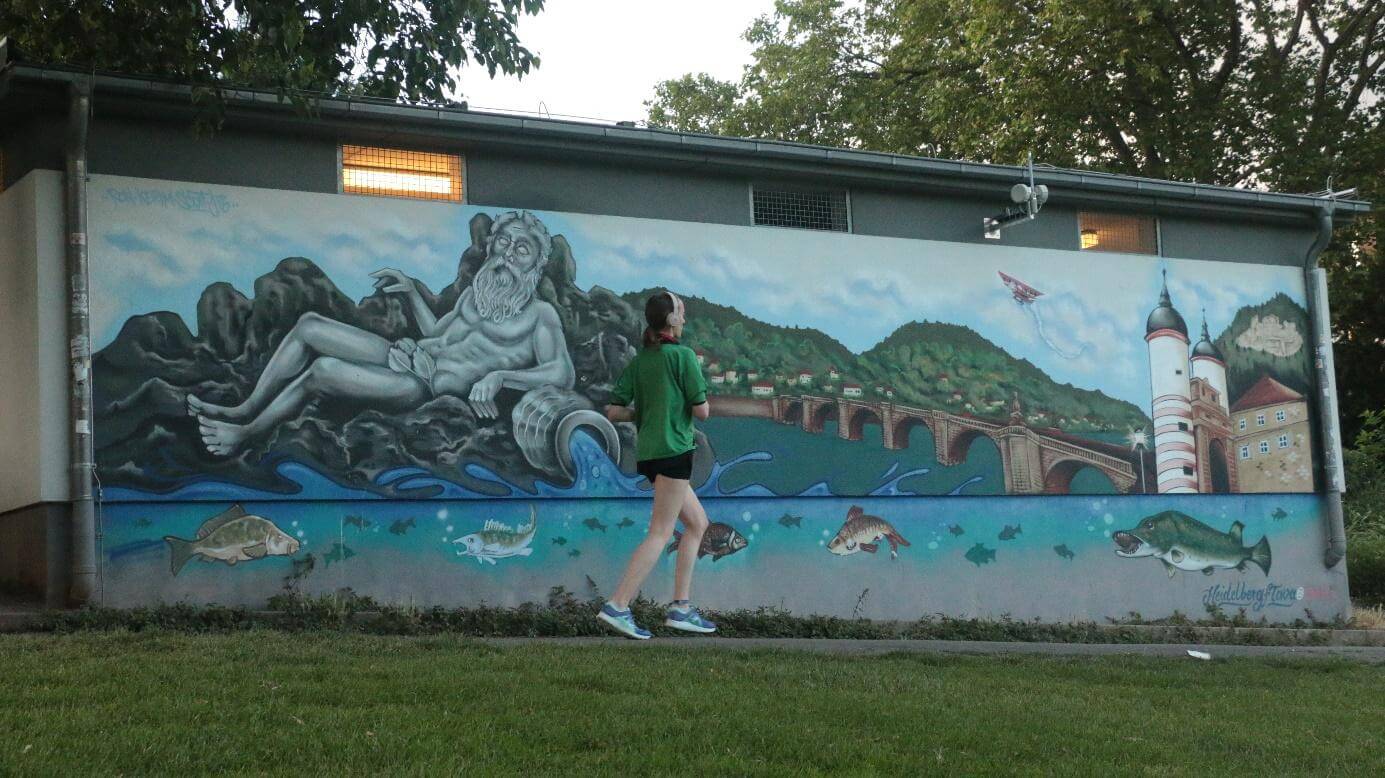

- Dikshya Karki
Dikshya Karki is a media anthropologist. Her research interests include urban studies, film, gender and sexualities in South Asia.

